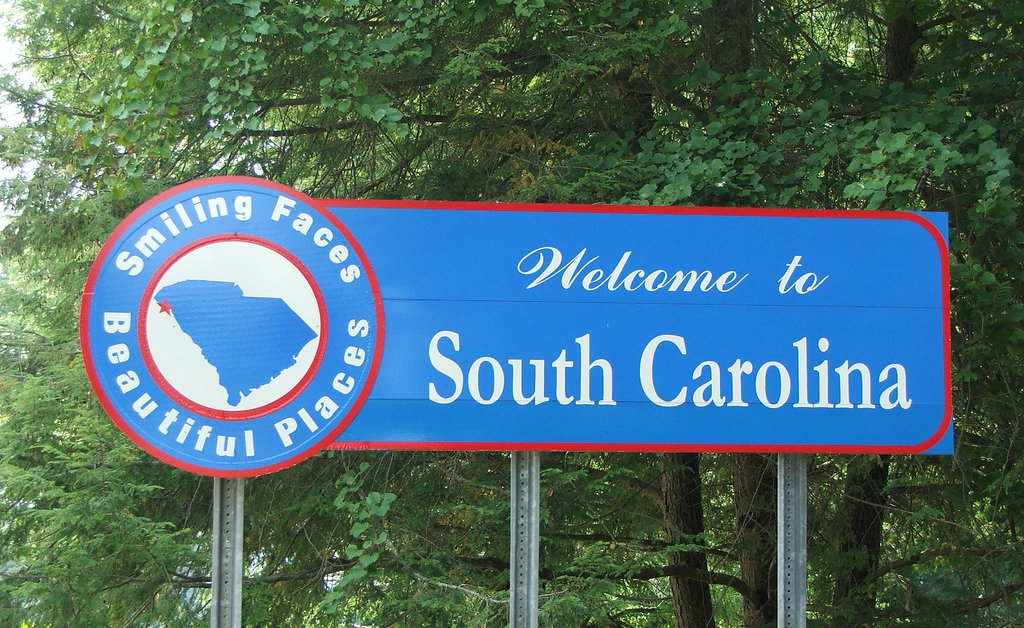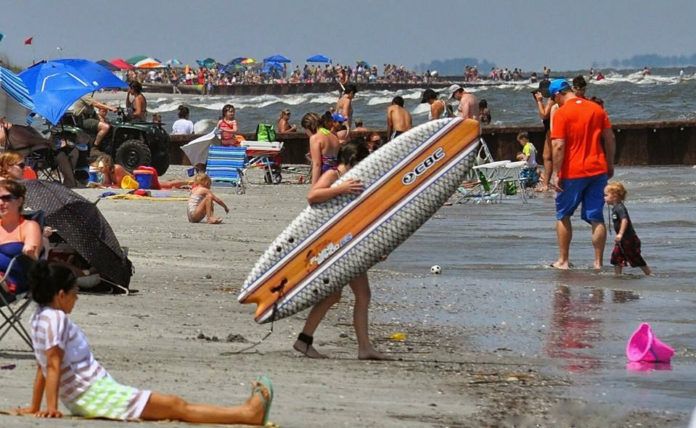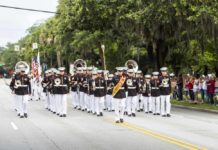Tourism’s economic impact on South Carolina is bigger than ever, reaching $22.6 billion and hitting six years of consecutive record-breaking growth for the state’s visitor industry, according to an article in the Post and Courier.
Duane Parrish, South Carolina’s statewide tourism director, announced the latest figures at the kickoff of this year’s Governor’s Conference on Tourism and Travel.
“Never before has tourism been so complex,” Parrish told the room of tourism and travel representatives gathered for the three-day conference. But, he said, it’s never been a better time to be in the tourism business in South Carolina.
This most recent economic impact figure, which represents visitor spending in 2017, shows a $1.4 billion increase from the previous year.
U.S. Rep. Jim Clyburn, D-S.C., spoke Monday about the drastic change in the travel industry’s role in the state’s economy over the past few decades. He said a state that used to thrive on supplying textile and tobacco now leans on two very different “t’s”: tourism and transportation.
April will mark a significant milestone for both when British Airways launches service at Charleston International.
The inaugural Charleston-London connection is South Carolina’s first nonstop transatlantic flight. It’s been praised as a game-changing opportunity for the state as a whole, with a projected economic impact of $20.2 million a year.
The state’s tourism office has been working with national and regional travel groups to promote road trips with multiple U.S. stops to international travelers.
For example, a new promotional video shows travelers starting at Hilton Head then driving to Charleston, Myrtle Beach and, finally, Greenville.
Last year also set records for South Carolina’s State Park Service. Total revenue from the parks exceeded $30 million this year, and the Park Service has also become almost entirely self-sufficient.
The Park Service covered nearly 99 percent of its operational costs in 2018. About a decade ago, it only brought in enough to cover about 73 percent of its expenses.

Despite the positive indicators that surround South Carolina travel, Parrish addressed a major concern for the industry: severe weather in the Southeast.
Over the past four years, hurricanes and flooding have set tourism spending in the state back by about $321 million. Of the four major weather events over the past four years, Hurricane Florence caused the biggest loss, at about $117 million.
To assess the public perception of South Carolina destinations after Florence, PRT commissioned a survey of thousands of known travelers in every state east of the Mississippi River, except for South Carolina.
Of those surveyed, 80 percent believed that South Carolina had been directly hit by Florence, and 73 percent of respondents said the storm had reduced the availability of the state’s beaches.
Though flooding after Florence blocked some visitors from traveling by car to destinations like Myrtle Beach for about two weeks in September, none of the state’s coastal destinations suffered serious storm damage.
To try to counteract some of those perceptions, Parrish announced that his department is allocating $1 million this year to be spent promoting South Carolina as a fall destination, particularly on the coast.
Knowing that storms may be on visitors’ minds, there would be social media campaigns showing live video of beaches and an accelerated release of promotional material during times that are known to be popular for fall bookings.
Parrish said he also still hopes to “move the needle” on visitation to some of the state’s rural communities.
Clyburn also spoke Monday about bringing more visitors to rural areas of the state, something which, in his support of South Carolina tourism, has been a particular focus.
Clyburn created legislation for both the S.C. National Heritage Corridor and the Gullah Geechee Cultural Heritage Corridor.
His most recent effort, a bill that would make the Reconstruction Era National Monument in Beaufort County a national park, was passed by the U.S. Senate last week. Clyburn said he’s confident the park could be a boon for travel to the state, “unlike any since golf.”
“Reconstruction could be to Beaufort what civil rights is to Selma,” Parrish said.










